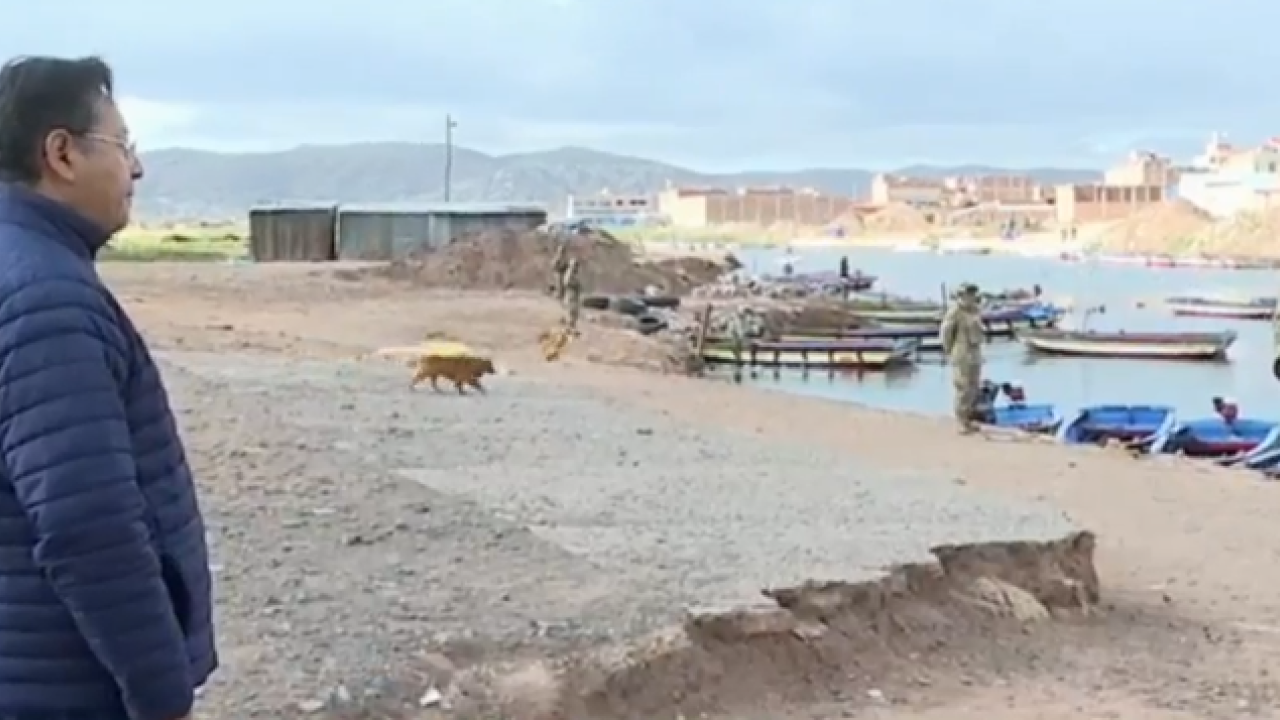
Since October, border areas have been militarized to prevent the export of food to countries such as Peru and Brazil.
On Tuesday, Bolivian President Luis Arce traveled to the Desaguadero area, on the border with Peru, to verify the control carried out in this border area, which is characterized by being a key point in the flow of reverse smuggling.
The president was present with the Vice Minister of Communication, Gabriela Alcón, and the Vice Minister of the Fight against Smuggling, Luis Velásquez.
SMUGGLING
According to the Bolivian government, reverse smuggling, when Bolivian products are illegally exported to neighboring countries, is one of the causes of shortages and rising prices in the domestic market.
Because Bolivia is in the center of the continent and shares borders with five countries (Argentina, Brazil, Chile, Peru and Paraguay), producers and traders decide to supply foreign markets because they offer better prices.
Recently, this situation has been experienced with oil, since in Bolivia the price of a liter should not exceed Bs 13.5 (US$ 1.90), but in countries such as Brazil and Peru the cost can triple, which encourages this type of activity.
To combat reverse smuggling, Arce ordered the militarization of border areas on October 7 to strengthen anti-smuggling control.
In addition, a Supreme Decree was issued which toughens the penalties for illegal activities. Smugglers can now receive sentences of up to 14 years in prison for illegally taking products out of the national territory.
Last week, control was also reinforced along the entire border of the country. Currently, a total of 8,000 personnel are carrying out border control to prevent smuggling, which increases at this time of year due to the end-of-year celebrations.










